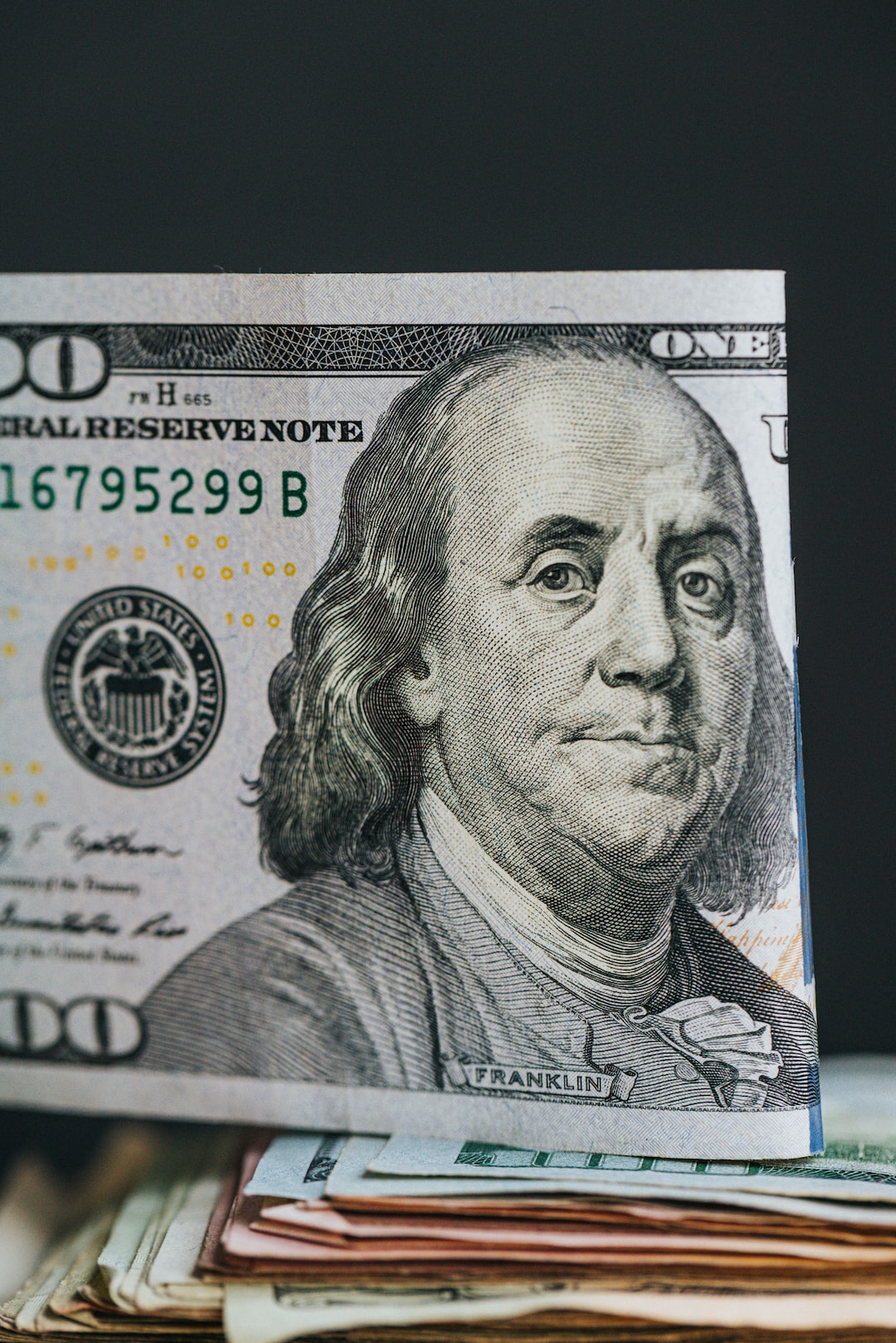Forex trading is an exciting and potentially lucrative investment opportunity. However, as with any investment, forex trading comes with tax obligations. In this article, we will discuss how to pay taxes on forex trading.
The first step in paying taxes on forex trading is understanding the tax rules. The tax rules for forex trading vary depending on your country of residence. In the United States, forex traders are subject to the same tax rules as stock traders. This means that forex traders are required to report their gains and losses on their tax returns.
The next step is to keep detailed records of your forex trades. This includes keeping track of the date, time, currency pair, trade size, and profit or loss for each trade. It is important to keep accurate records so that you can accurately calculate your taxable income.
Once you have your records in order, you can calculate your taxable income from forex trading. This is done by subtracting your losses from your gains. If you have a net gain, you will need to pay taxes on that amount.
The tax rate for forex trading depends on your income level. In the United States, the tax rate for long-term capital gains (investments held for more than one year) is lower than the tax rate for short-term capital gains (investments held for less than one year). If you hold your forex trades for more than one year, you may be eligible for the lower tax rate.
In addition to federal taxes, you may also be subject to state and local taxes. Be sure to check with your state and local tax authorities to determine your tax obligations.
There are several tax deductions that forex traders may be eligible for. These include deductions for expenses such as trading software, internet access, and education. Be sure to keep receipts and documentation of these expenses.
One way to simplify the tax process is to hire a tax professional. A tax professional can help you navigate the tax rules and ensure that you are taking advantage of all available deductions. They can also help you file your tax returns and respond to any IRS inquiries.
In conclusion, paying taxes on forex trading requires careful record-keeping, understanding of tax rules, and knowledge of available tax deductions. If you are unsure about your tax obligations, it is recommended that you seek the advice of a tax professional. By following these guidelines, you can ensure that you are in compliance with tax laws and maximize your profits from forex trading.






